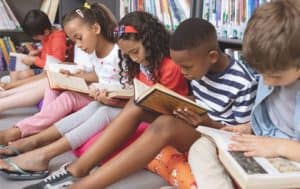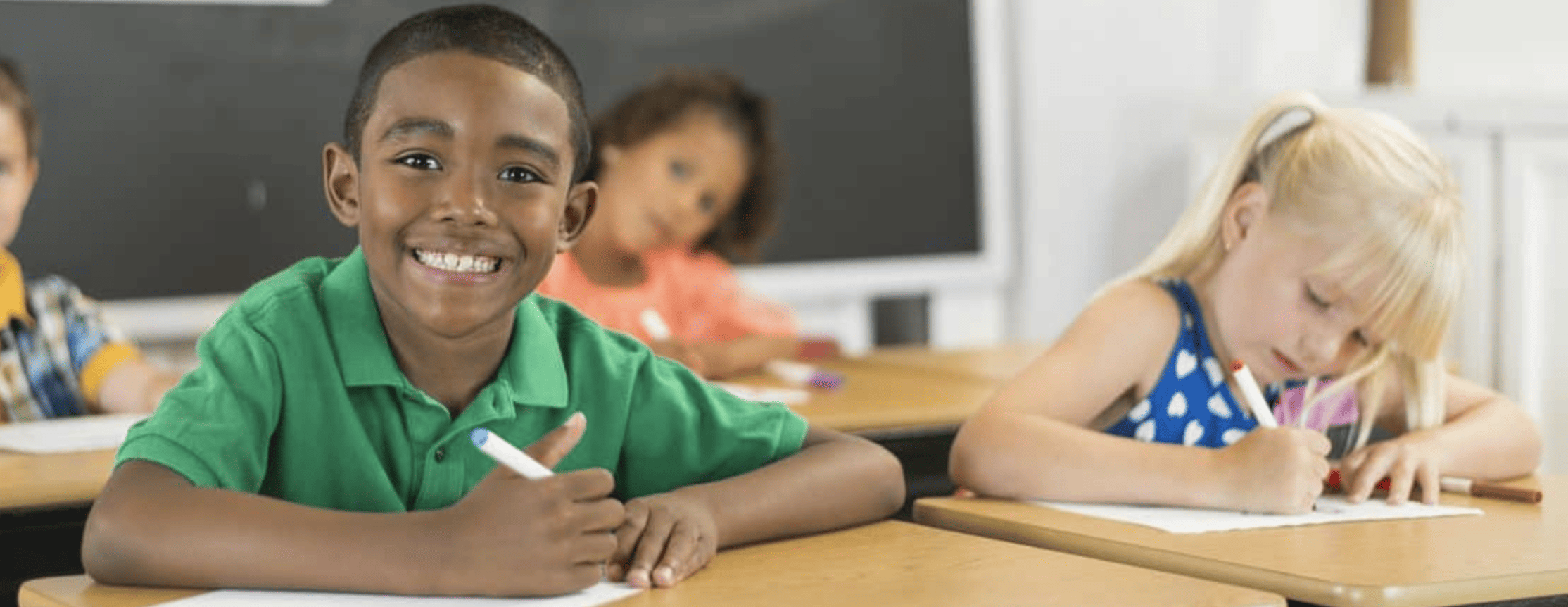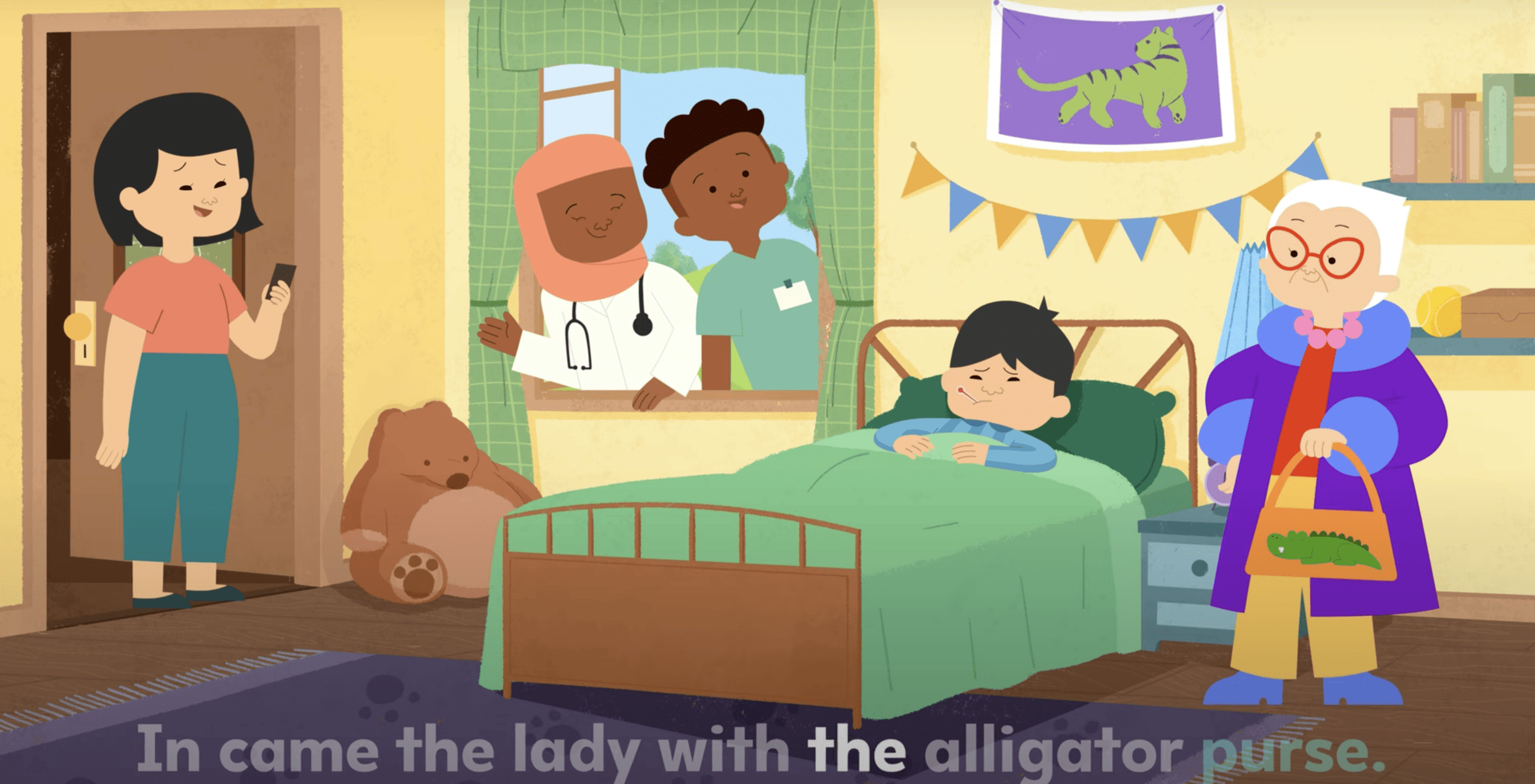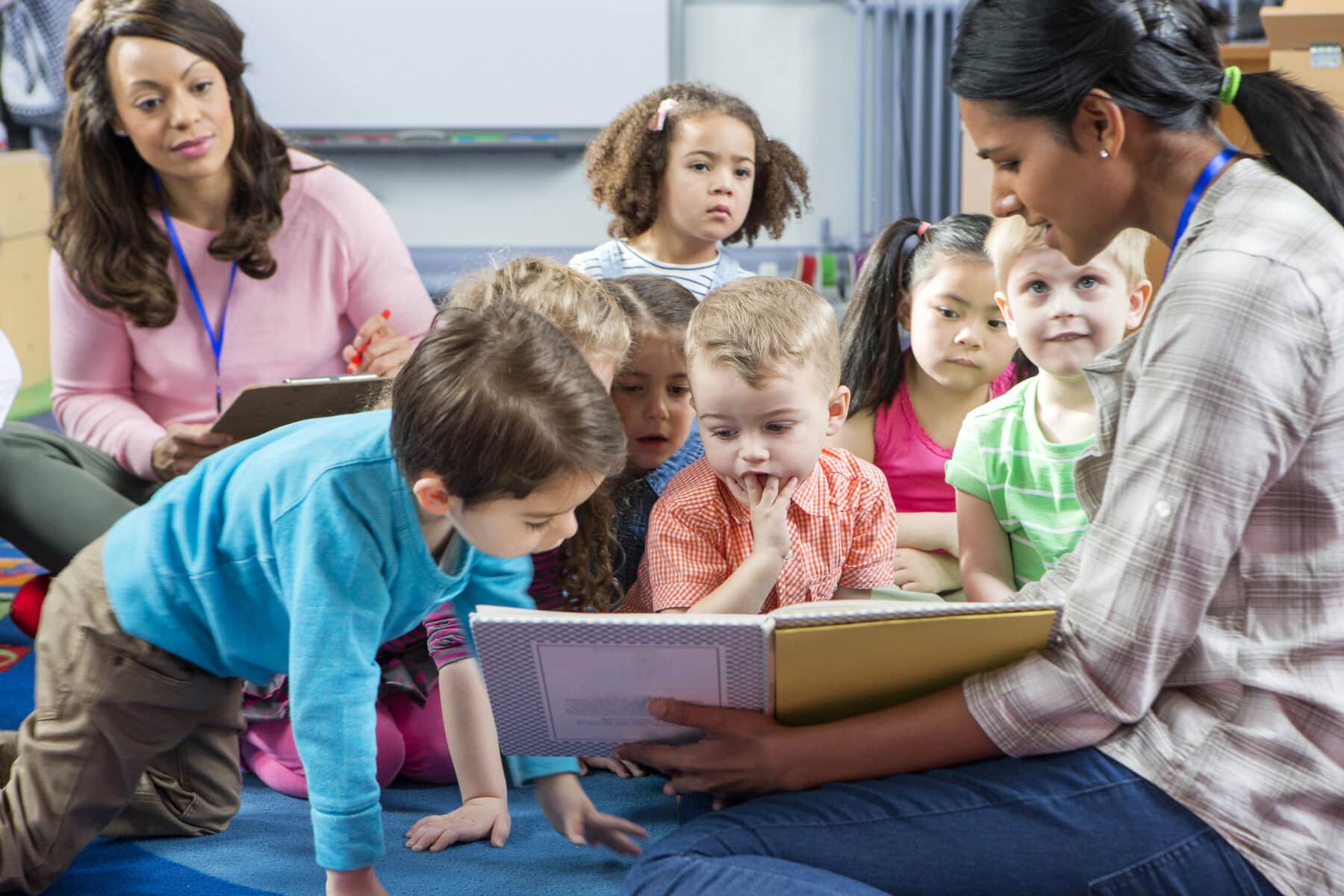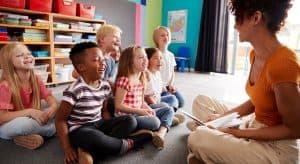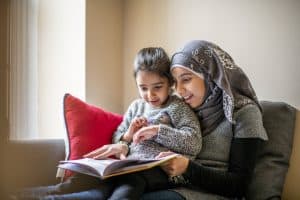
Science of Reading Training for Teachers: A Guide for School Administrators
School districts across the country are increasingly turning to the science of reading as they plan their early literacy curriculum. Educators appreciate that it aligns with what researchers know about how the brain learns to read. Yet you might be wondering why it’s worth planning professional training opportunities on the
